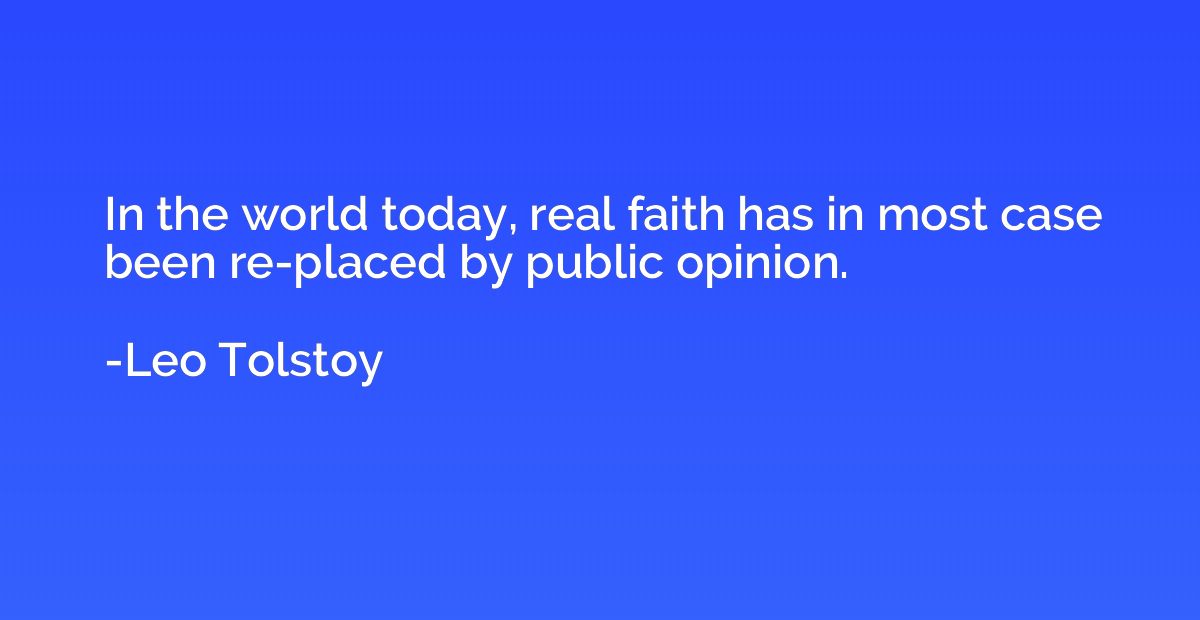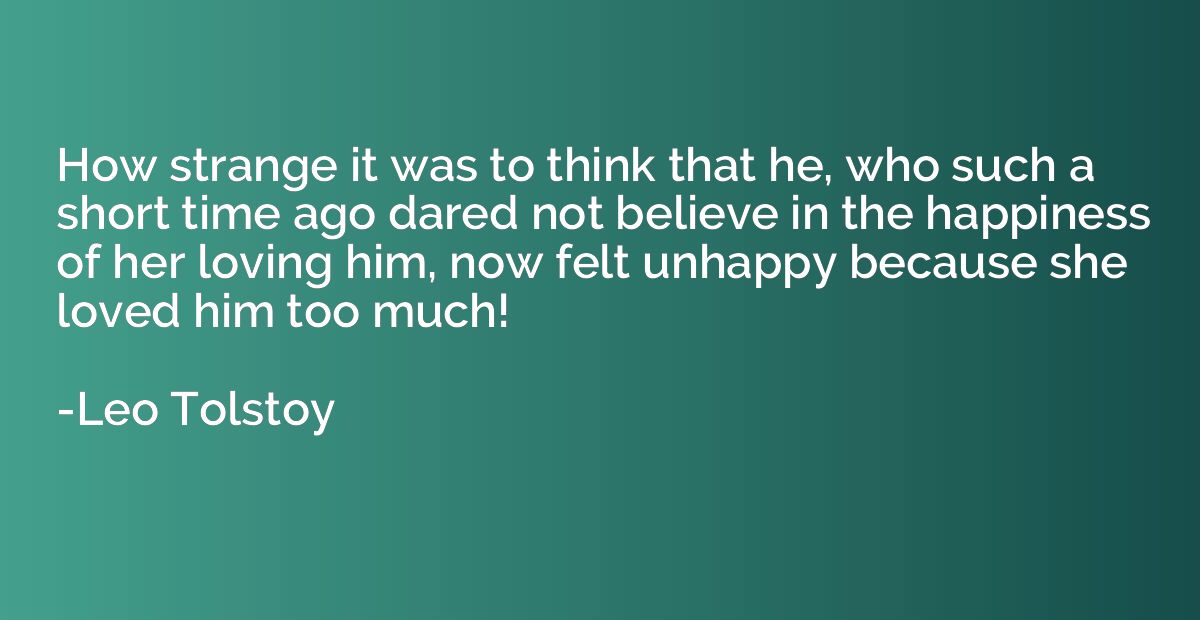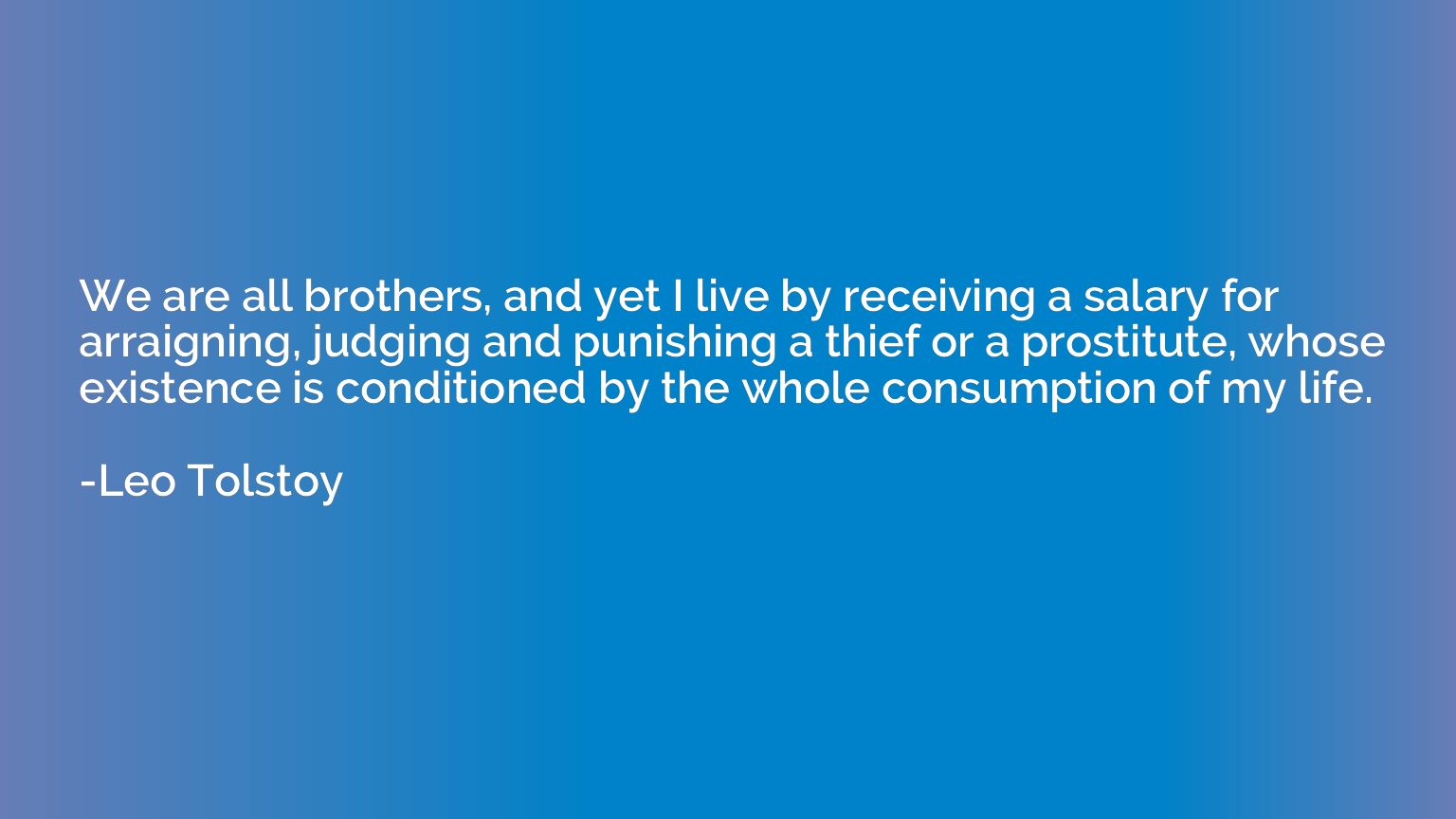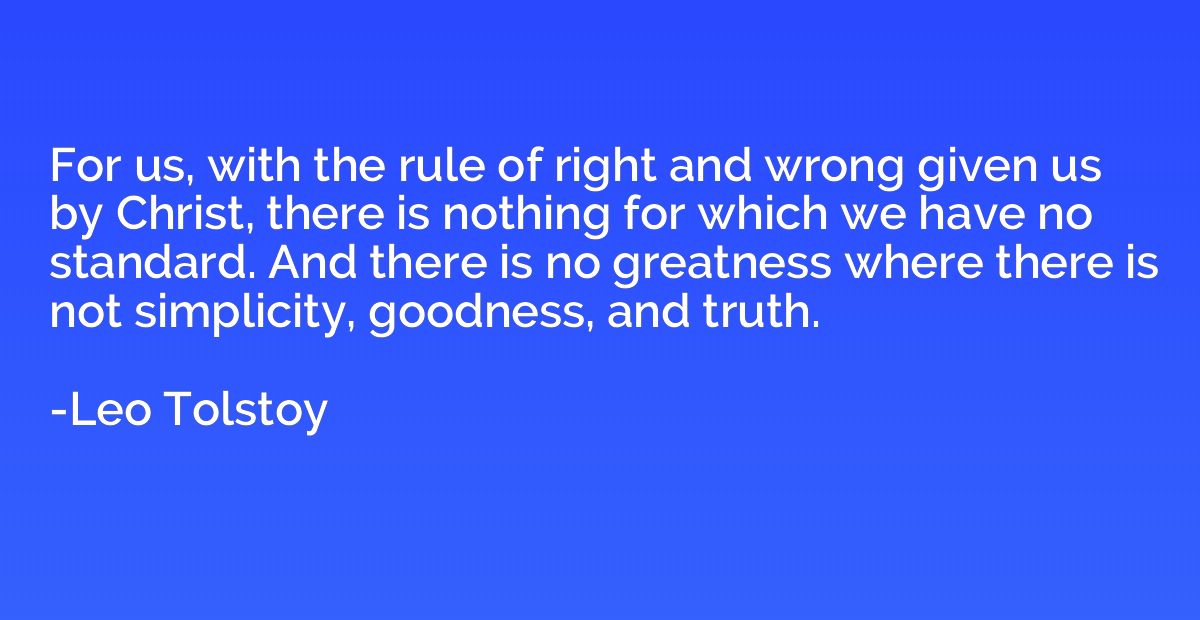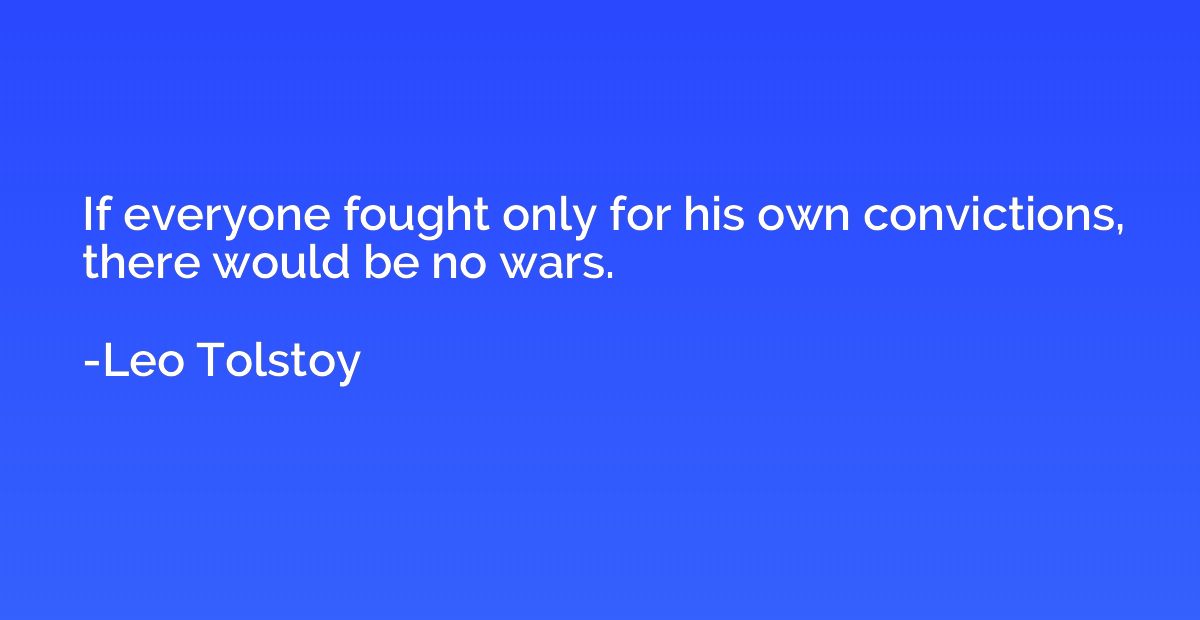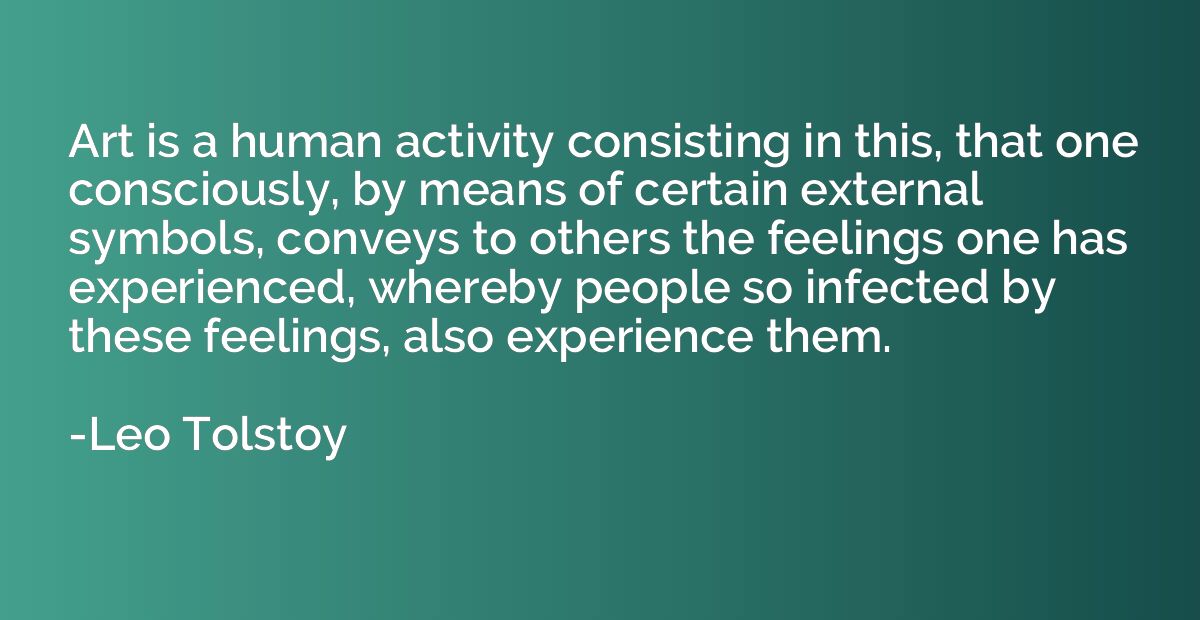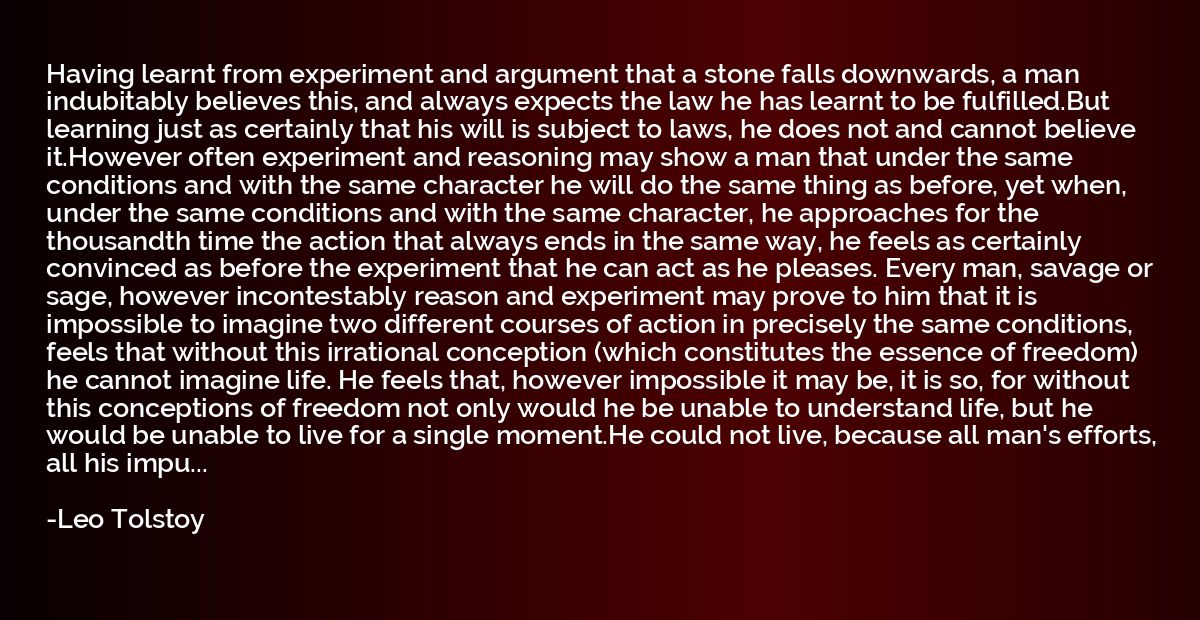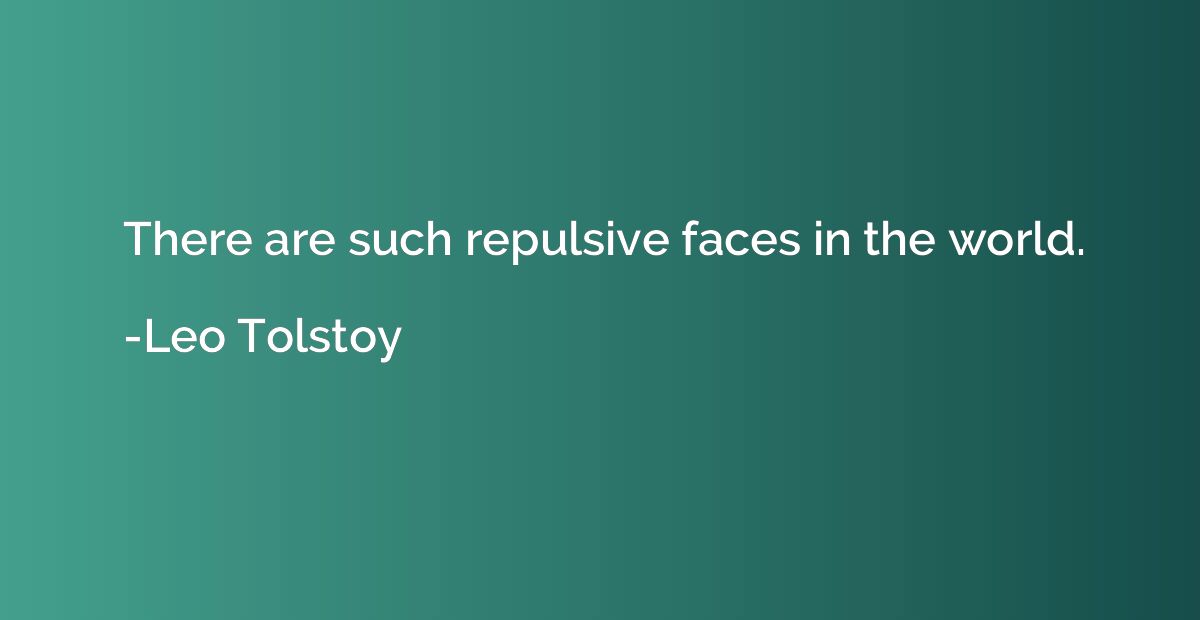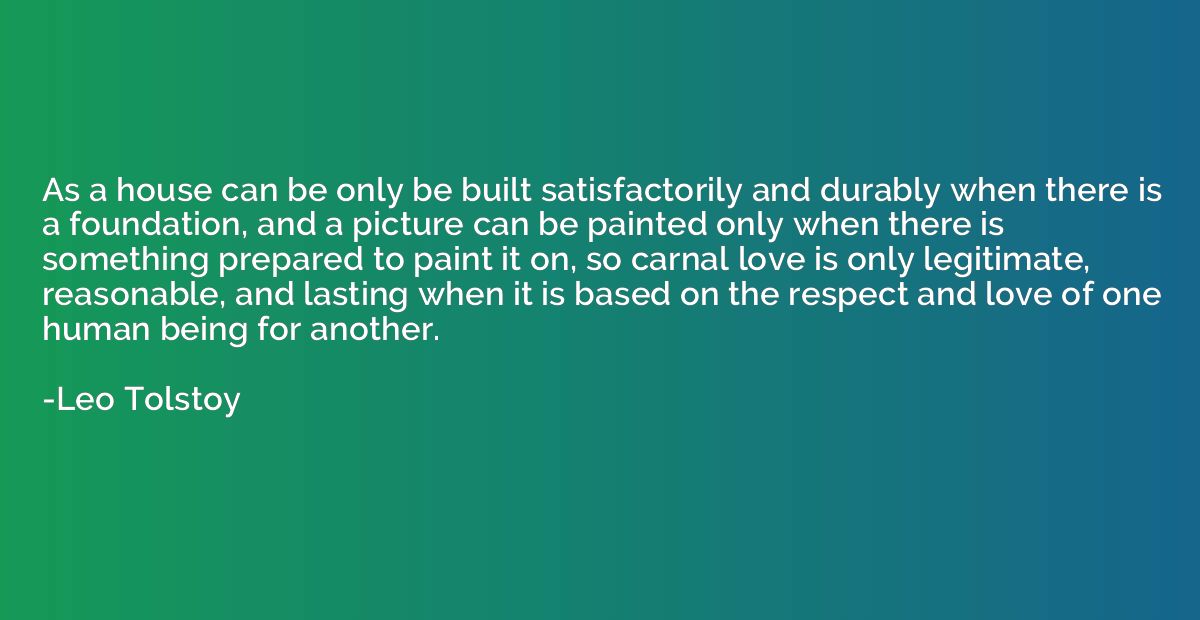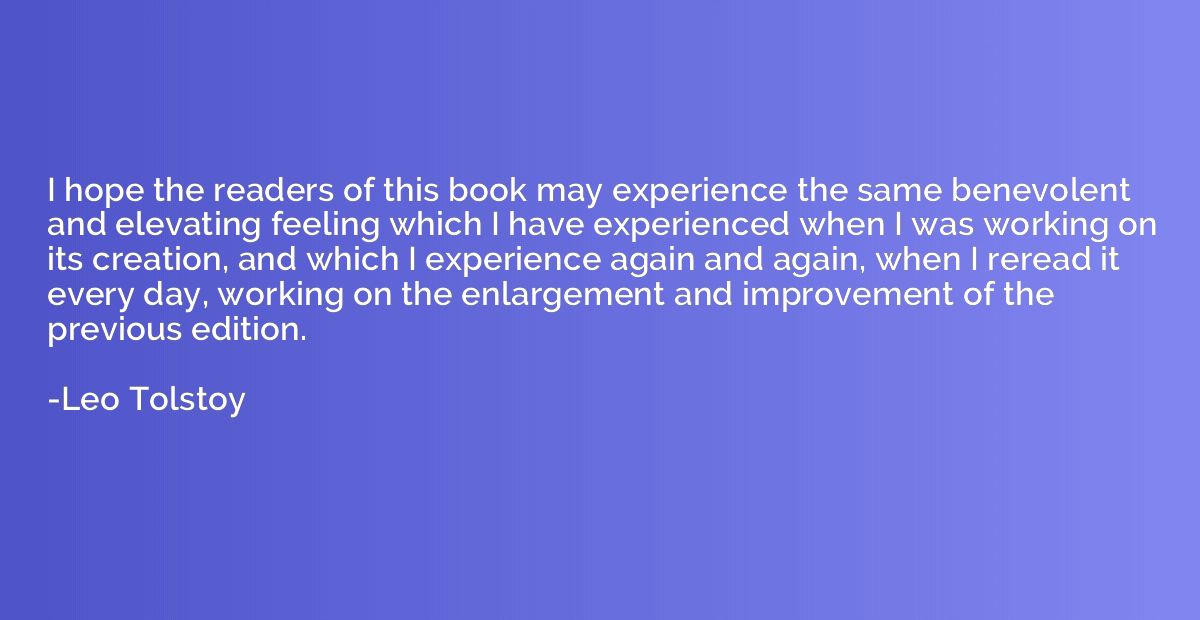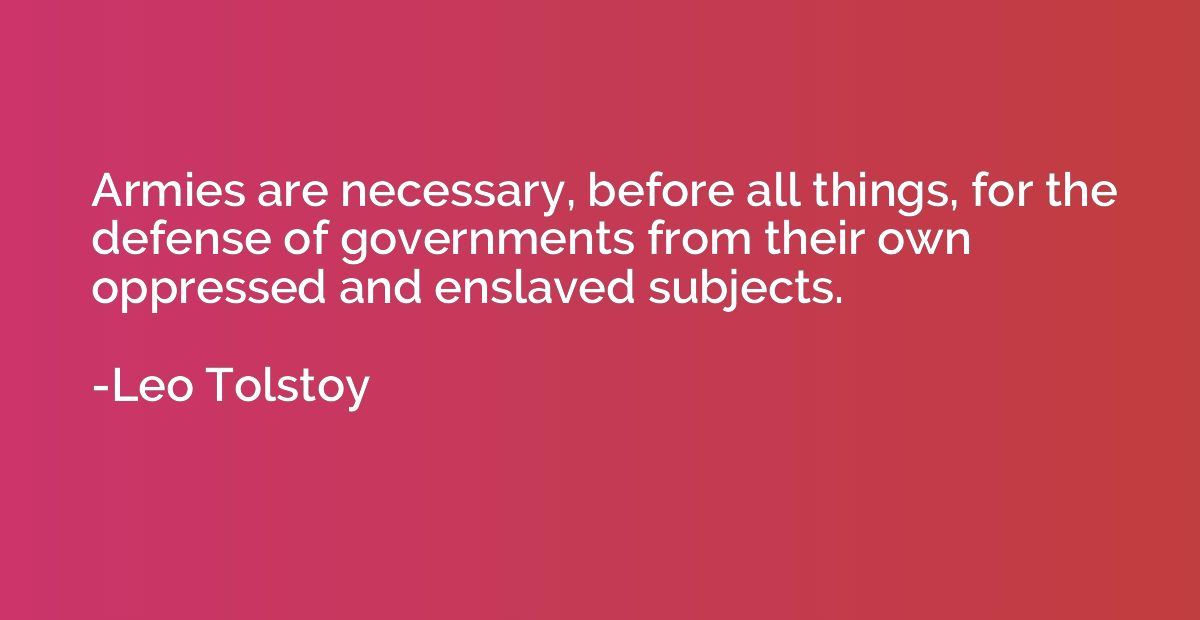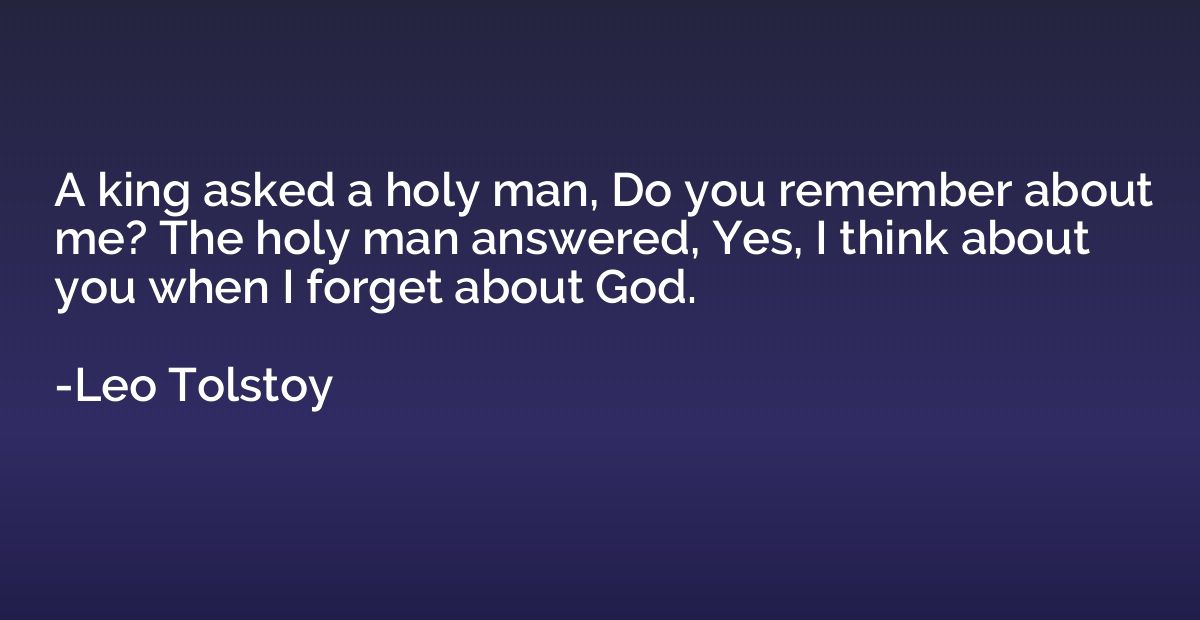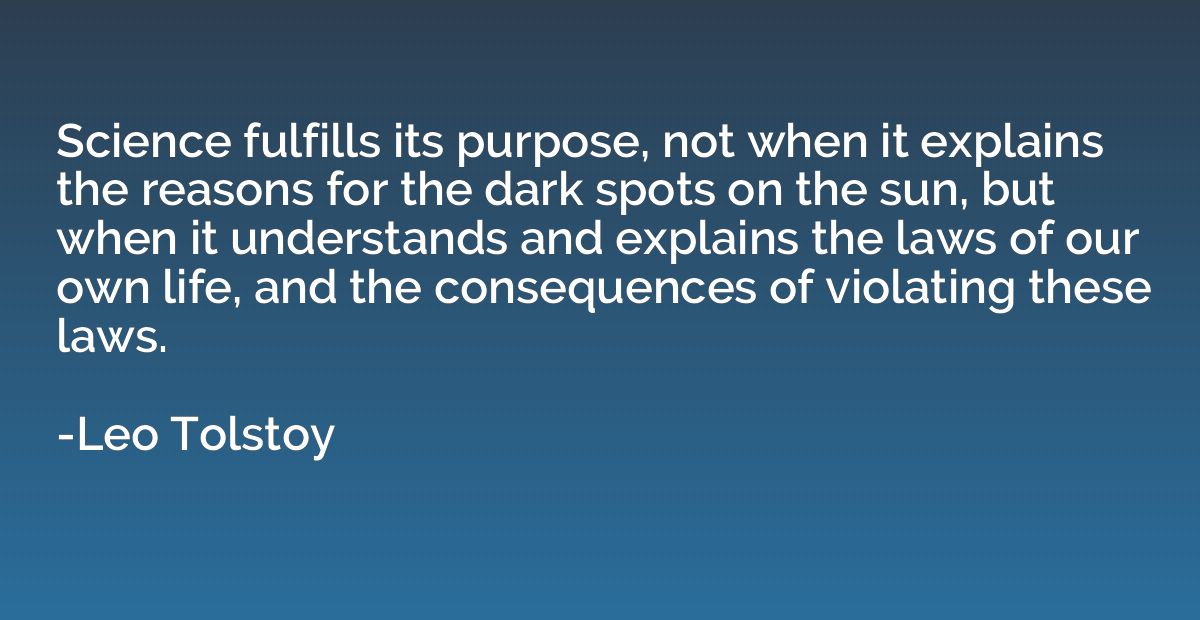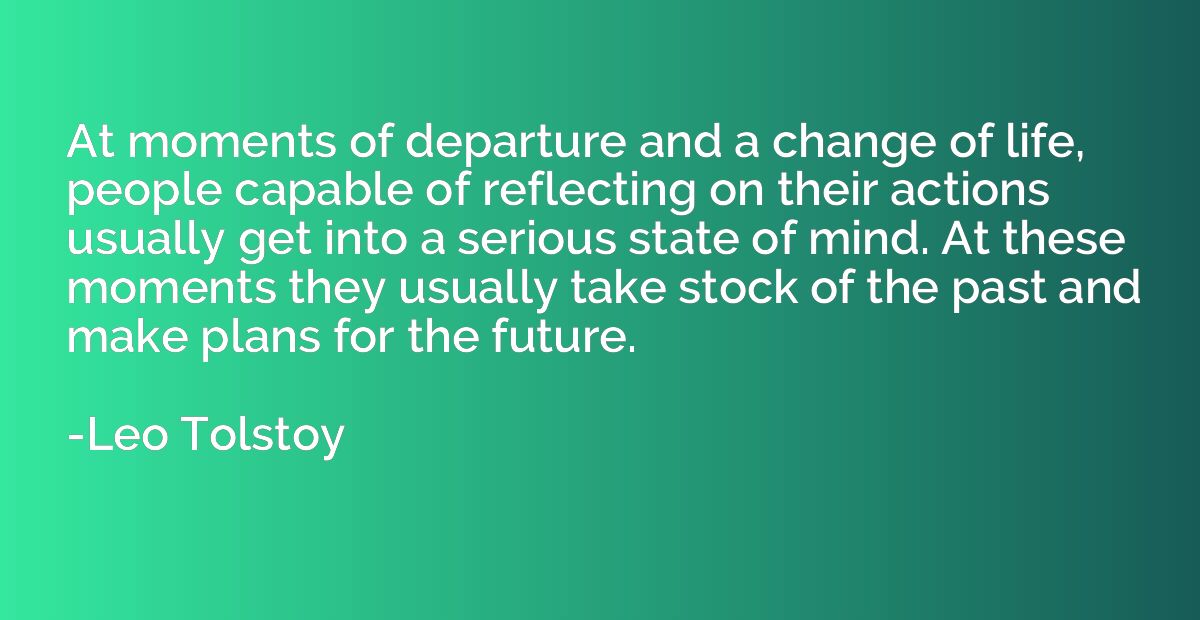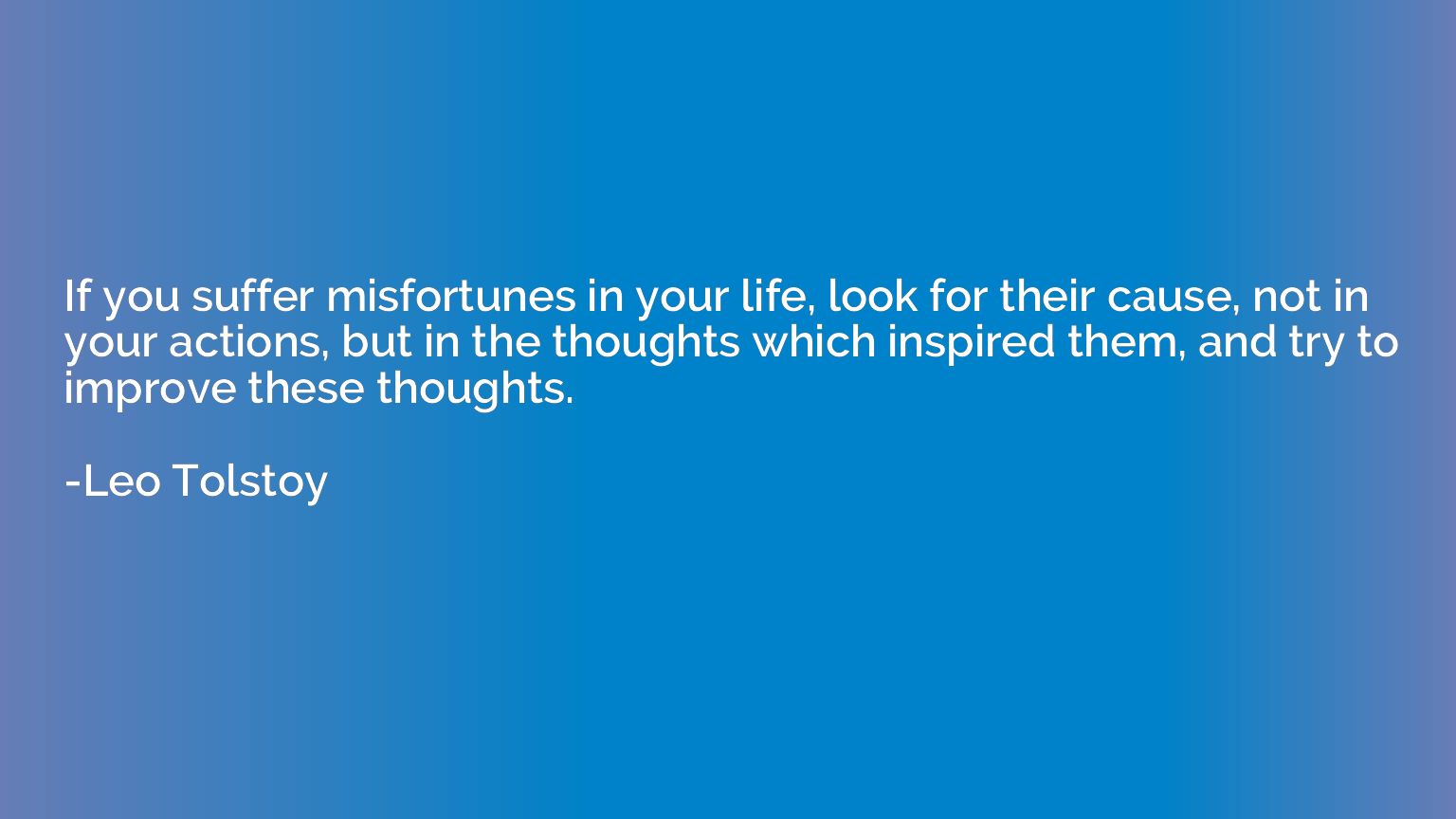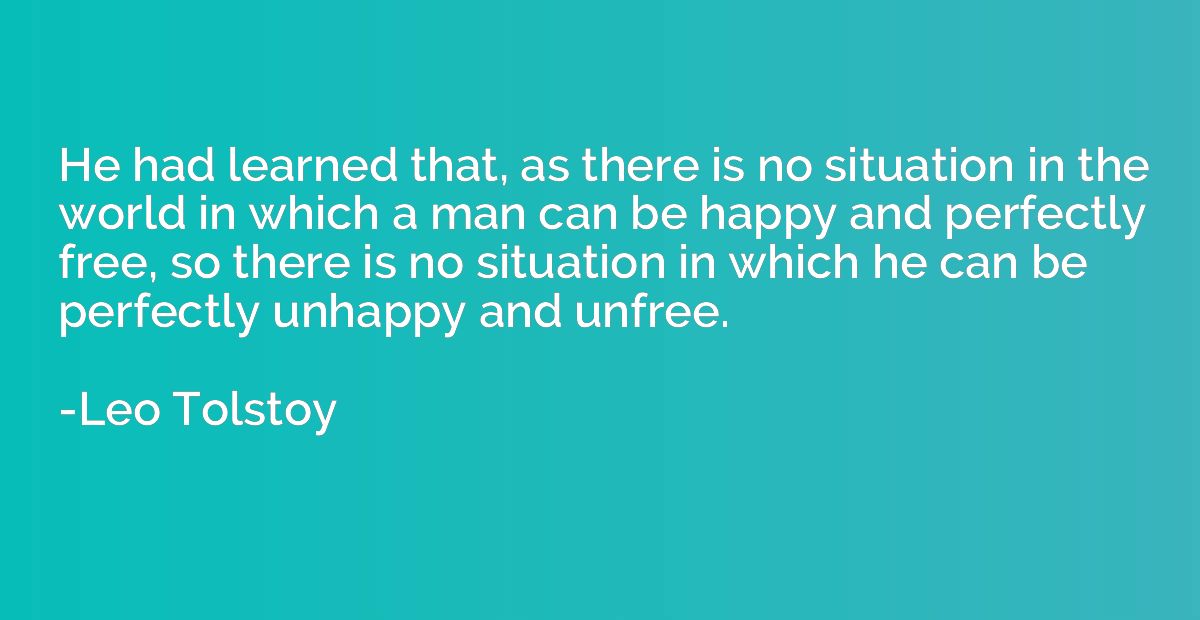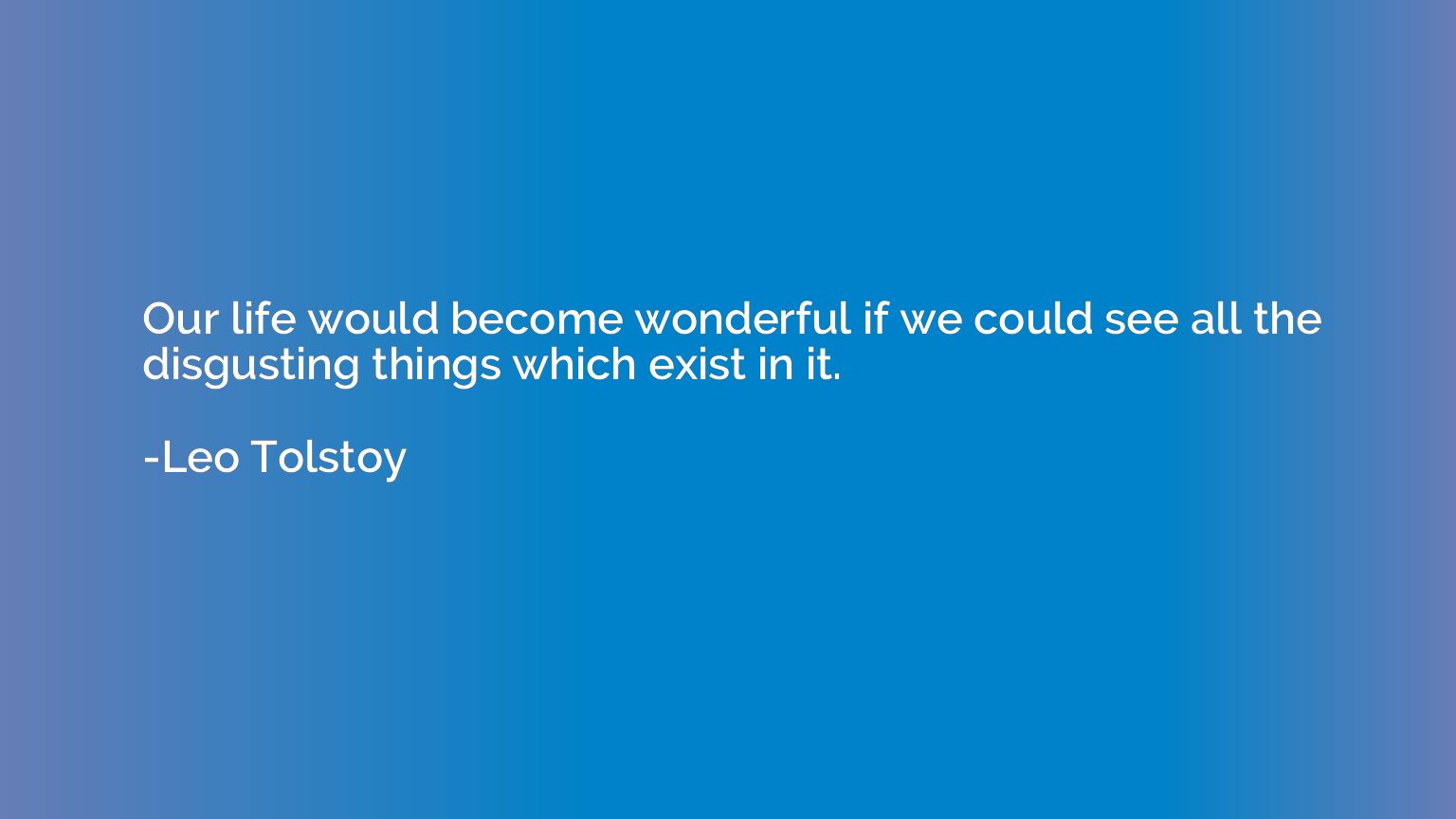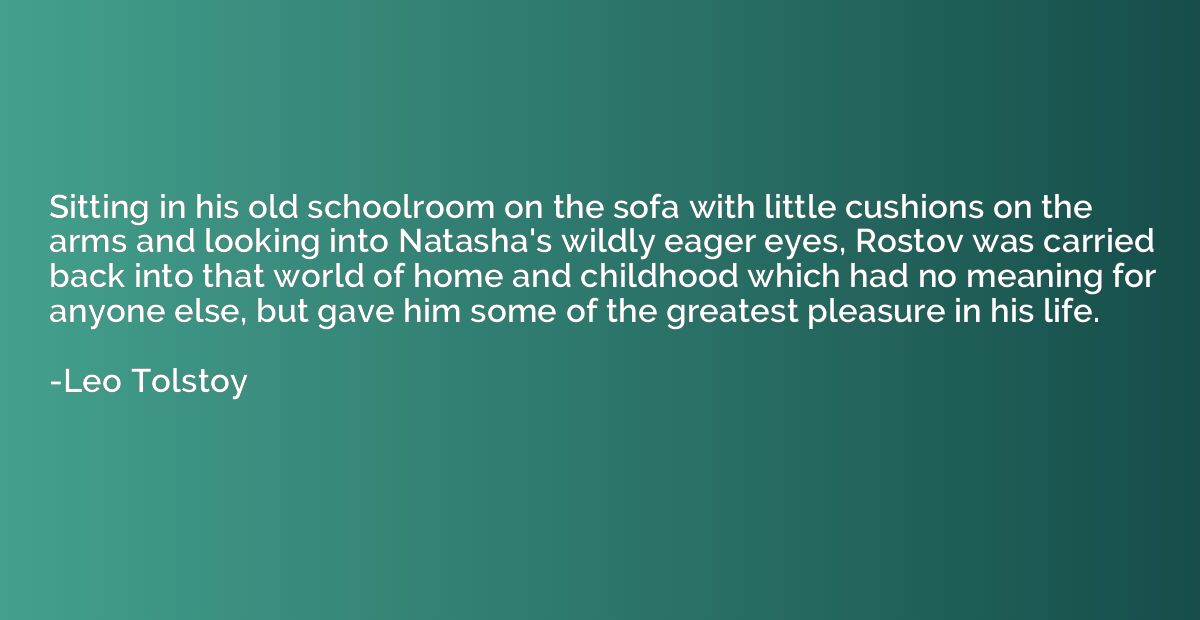Leo Tolstoy Quotes
A collection of quotes by Leo Tolstoy.
Leo Tolstoy was a renowned Russian writer who is widely regarded as one of the greatest authors in literary history. Born on September 9, 1828, in Yasnaya Polyana, Russia, he came from an aristocratic family. After experiencing a turbulent early adulthood marked by gambling and debauchery, Tolstoy underwent a spiritual and philosophical transformation.
His transformation led him to embrace realism and develop a unique writing style. Tolstoy's notable works include the epic novels "War and Peace" and "Anna Karenina." "War and Peace" explores the impact of Napoleon's invasion of Russia on various characters and families, while "Anna Karenina" delves into the complexities of love, relationships, and social norms in 19th-century Russia.
Tolstoy's writing tackled profound themes such as love, death, faith, and morality. His works often portrayed the struggles of individuals against society's constraints, highlighting the clash between personal desires and societal expectations. Tolstoy's exploration of the human condition made his novels highly influential and beloved by readers worldwide.
In addition to his literary pursuits, Tolstoy was an outspoken critic of social injustice and inequality. He advocated for nonviolent resistance and rejected materialism and wealth. Tolstoy's quest for a simpler, more meaningful life led him to embrace pacifism, vegetarianism, and a humble existence.
Leo Tolstoy passed away on November 20, 1910, leaving behind a rich literary legacy that continues to inspire and captivate readers to this day.
